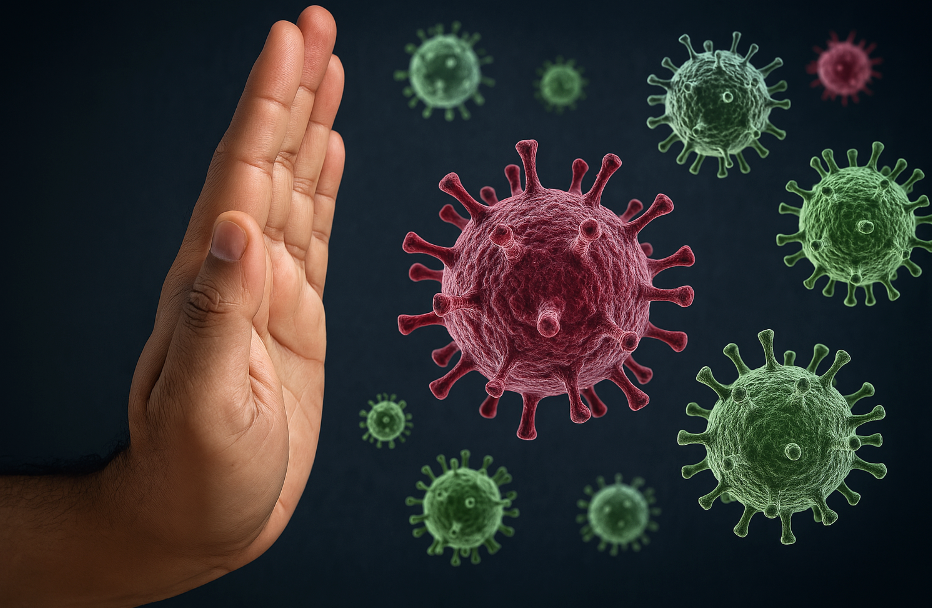
How Exercise Affects Your Immune System
Share
Introduction
Exercise is well-known for its role in improving physical health, but its impact on the immune system is just as important. Depending on how much and how intensely we move, exercise can either boost or challenge our immune defenses. This article explains how exercise interacts with immunity and what this means for your health.
Moderate Exercise Boosts Immunity
Regular moderate-intensity exercise—like brisk walking for 30 minutes most days of the week—helps strengthen the immune system. It improves the circulation of immune cells in the blood, allowing them to detect and fight infections more effectively. People who exercise moderately tend to have lower levels of inflammation and are less likely to catch common infections like colds.
One key benefit is the short-term increase in immune cells, especially natural killer (NK) cells and T-cells, which are essential for identifying and destroying viruses. These cells quickly move into the bloodstream during and after exercise, helping to boost the body’s defense system.
Too Much Exercise Can Lower Defenses
However, very intense or prolonged workouts—like running marathons or extreme endurance training—can have the opposite effect. After heavy exercise, there is a temporary drop in immune function that can last from a few hours to a couple of days. This is sometimes called the "open window" period, during which the body may be more vulnerable to viruses, like those that cause colds and flu.
During this time, the number of certain immune cells in the blood decreases, and the stress hormone cortisol increases, which can suppress the immune system. Elite athletes, especially those who train hard without enough rest or proper nutrition, may experience more frequent infections.
Elite Athletes and Adaptation
Interestingly, elite athletes who train at high levels over long periods often adapt to these challenges. Their bodies become better at managing immune responses, which may reduce their risk of illness over time. This is sometimes referred to as the “S-shaped curve,” where well-conditioned athletes manage higher workloads without the same negative effects seen in less trained individuals.
Other Factors That Influence Immune Response
Many things can affect how your immune system reacts to exercise. These include sleep quality, stress levels, travel, exposure to germs in large crowds, and diet. For example, athletes who travel long distances or experience high stress are more likely to get sick, regardless of how they train.
Nutrition also plays a big role. A well-balanced diet helps support immune function, while a lack of energy or nutrients can make immune responses weaker. Supplements like carbohydrates, polyphenols (from fruits and vegetables), and certain vitamins may help reduce inflammation and support recovery.
Conclusion
Exercise has a powerful effect on the immune system. While regular, moderate activity can strengthen your defenses and reduce the risk of illness, extreme or prolonged exercise without rest may suppress immunity for a short period. The key is finding the right balance—enough to boost your immune health, but not so much that it wears you down.
